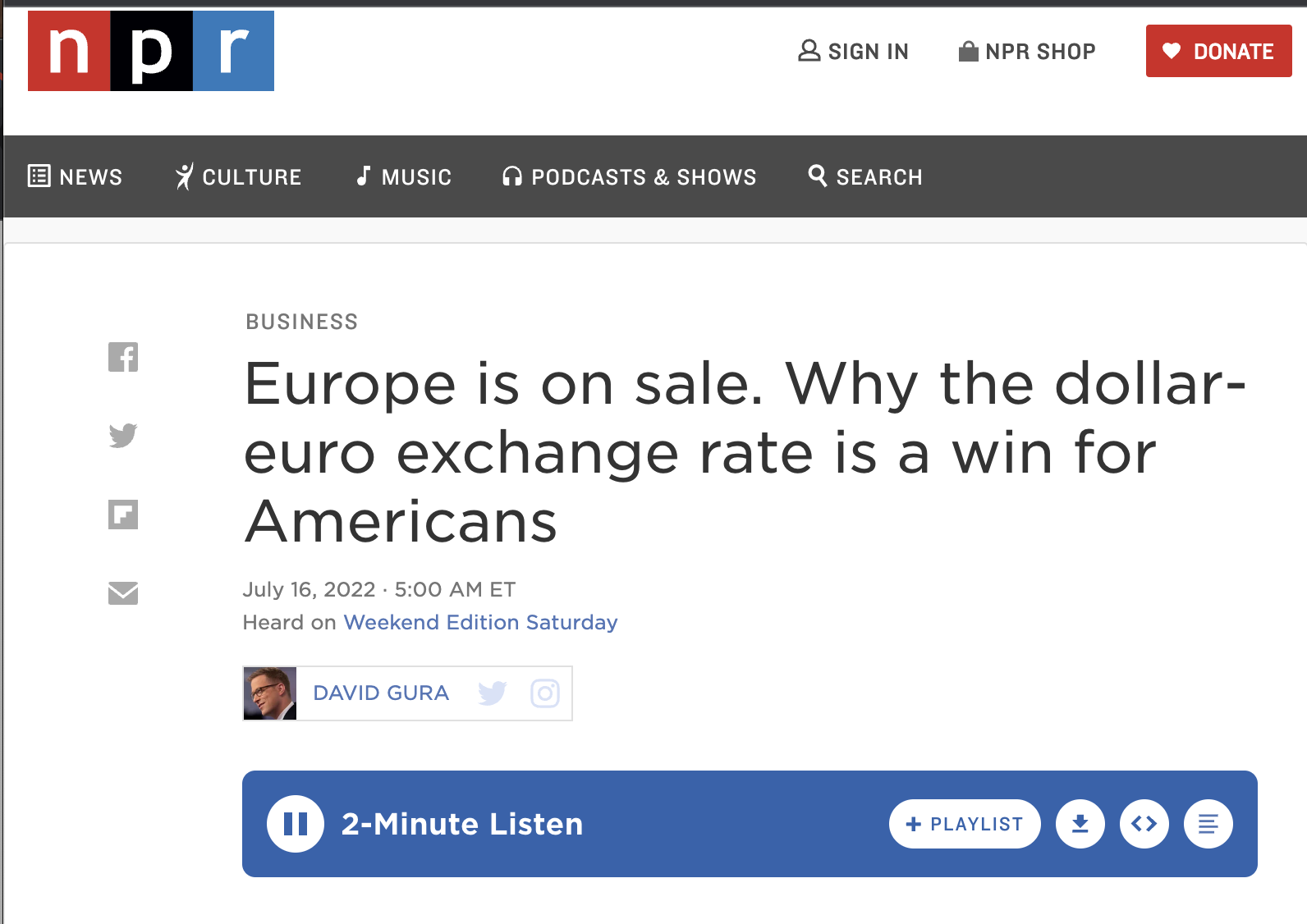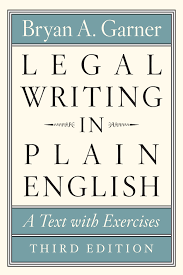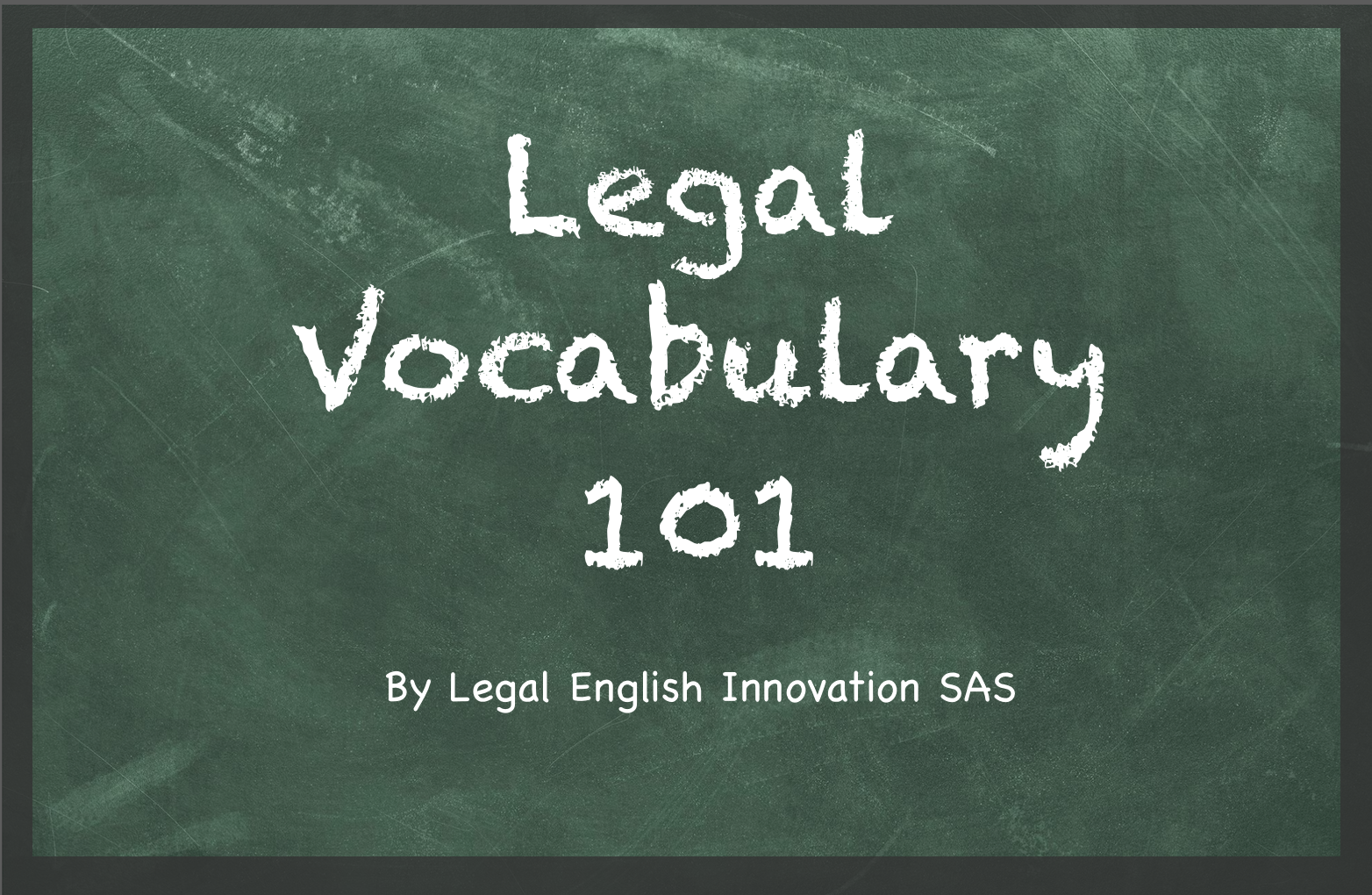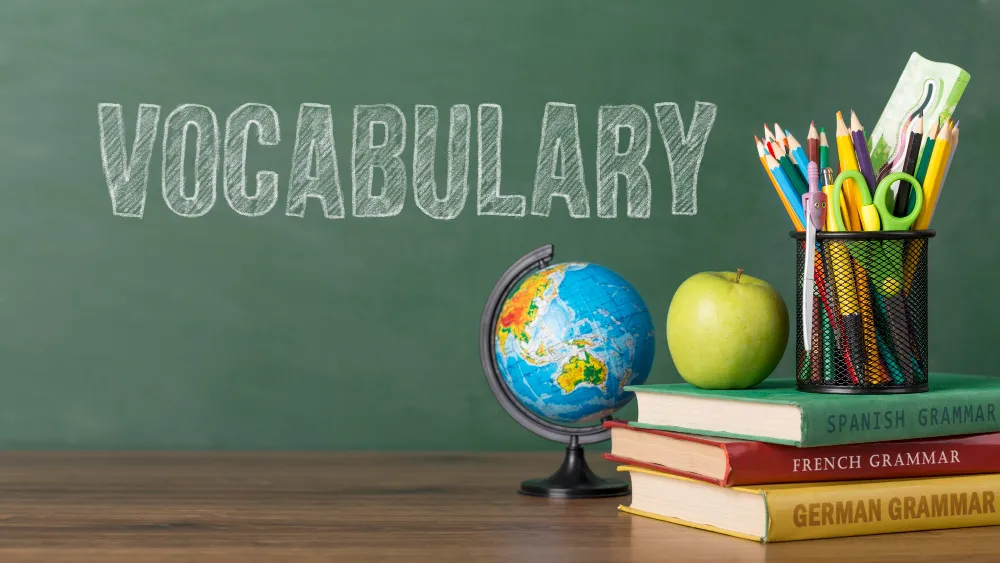Financial Vocabulary
If you want to improve your salary, start improving your vocabulary.
— Wall Street Proverb
Start Here
Warm-up Quiz & Ice Breaker
What is the second conditional?
Slang & Idioms
Reserve Currency
Signs of Success
Europe is on Sale
Key Vocabulary
Second Conditional
You can use the second conditional to express hypothetical, or not probable situations. The grammar structure is strange, but for every native speaker, it makes perfect sense. Use the following structure to make your own examples.
If + subject + simple past tense …
… w-word + would + subject + base verb?
If you were a millionaire …
… where would you go?
If you had a million dollars …
… what would you do?
If you won the lottery …
… when would you retire?
If you found a buried treasure …
… who would you tell?
If you made a million bucks a year
… how would you spend it?
Whatever you do, use Plain English.
When you speak in English, speak to communicate, no confuse.
The Plain English style is recommended by many experts, including the staff at Harvard.
This guide was created for Harvard Library employees, but we hope it’s helpful to a wider community of content creators, editors, producers — anyone who’s trying to communicate a message.
Slang
Bacon
Money in general; “to bring home the bacon”
Bank
Money in general; usually a large amount; “to make bank, baby!”
A Buck
A dollar; “to have ten bucks”
A Benjamin
One hundred dollars; “to make Benjamins”
A 5 spot
A $5 bill; “Can I borrow a 5 spot, dude?”
A 10 spot
A $10 bill; “You got a 10 spot, bro?”
A 20 spot
A $20 bill; “Lend me a 20 spot, homes …”
A 50 spot
A $50 bill; “Can you lend me a 50 spot, man …”
Bones
Dollars; “that will be 100 bones man”
Dough
Money in general; “we are bringing in the dough!”
A Grand
A thousand dollars; “to have ten grand”
Large
A thousand dollars; “to have ten large”
And the slang goes on and on …
A Grand
Big ones
Bills
Dinero
Loot
Large
Beans
C-note
Clams
Moola
Franklins
Green
Greenbacks
Cheese
Smackers
Money Idioms
to pay a lot for something
to be on the money
to be precise/exact
money doesn’t grow on trees
do not waste what you have
to be in the money
to be rich
Four Areas to Look At
What is a reserve currency?
Signs of Success
Europe is on Sale
Key Vocabulary
What is a reserve currency?
- A reserve currency is a large amount of currency held by central banks and major financial institutions to use for international transactions.
- A reserve currency reduces exchange rate risk since there’s no need for a country to exchange its currency for the reserve currency to do trade.
- Reserve currency helps facilitate global transactions, including investments and international debt obligations.
- A large percentage of commodities are priced in the reserve currency, causing countries to hold this currency to pay for these goods.
Reserve Currency Stats
- The U.S. Dollar makes up 61% of all central bank foreign reserves, making it the most popular and powerful currency in the world.
- The total value of all currencies held in foreign exchange reserves is equal to nearly $11 trillion.
- The U.S. Dollar also dominates the forex trading market and is involved in about 90% of all forex trading.
- The Euro and U.S. Dollar make up over 80% of the world’s currency reserves.
- Despite being a large part of global trade, the Chinese Renminbi makes up less than 2% of global currency reserves.
Signs of Success
$
Dollar
€
Euro
CHF
Swiss franc
£
Pounds sterling
¥ 元
Yuan
China
¥
Yen
Japan
Ξ
Ethereum
Ł
Litecoin
₿
Bitcoin
Europe is on Sale
Transcripts
SCOTT SIMON, HOST: Some good news if you’re planning a trip to Europe or even thinking about it – it’s more affordable. For the first time in two decades, the value of the dollar is just about equal to the value of the euro. NPR’s David Gura reports.
DAVID GURA, BYLINE: Teresa Valerio Parrot and her husband are celebrating their 25th wedding anniversary this year. And she says they thought about taking a trip from their home in Colorado to California or Hawaii.
TERESA VALERIO PARROT: We quickly realized it was going to be about the same price to go to Paris than it was to stay within the United States.
GURA: Flights are expensive everywhere, but thanks to the strength of the dollar relative to the euro, she’d pay less for a hotel and meals. So in September, they’re headed to France.
VALERIO PARROT: We plan to go, have some great wine, hopefully sip some bubbles and bring back a whole bunch of souvenirs.
GURA: The last time they were there in 2013, to get one euro, they had to pay about $1.30. Kathryn Dominguez is an economics professor at the University of Michigan, and she says the two currencies are at parity ’cause of how investors feel about the economy in the U.S. compared to Europe.
KATHRYN DOMINGUEZ: Market participants are expecting that the U.S. economy is going to be stronger than the eurozone countries over the next – you know, foreseeable future.
GURA: Which may sound surprising, given the U.S. is also dealing with economic uncertainty, high inflation and fears of a recession. But the dollar is unique among currencies, according to Jane Foley. She’s the head of foreign exchange strategy at Rabobank.
JANE FOLEY: Generally, a currency will react to the fundamentals of the country to which it belongs. That isn’t necessarily the case with the U.S. dollar.
GURA: It’s the world’s dominant reserve currency. It’s also to the dollar’s advantage that interest rates are going up quicker in the U.S. than in Europe. Investments denominated in dollars are seen as more attractive because returns are higher.
FOLEY: That’s textbook economics. Higher interest rates generally leads to a stronger currency.
GURA: But this isn’t just about dollar strength. It’s also about euro weakness caused by higher prices and fallout from the war in Ukraine. Europeans are trying to figure out how to live with less oil and natural gas from Russia. In the U.S., Teresa Valerio Parrot is making plans for museum visits, long walks and some early Christmas shopping.
VALERIO PARROT: We’re hoping that the dollar continues to hold strong so that all of our family and friends get a little bit better Christmas present than we otherwise could afford in Europe.
GURA: David Gura, NPR News, New York.
The rich invest in time, the poor invest in money.
Key Vocabulary
Opposites
To spend
To save
To buy
To sell
To borrow
To lend
A borrower
A lender
A debtor
A creditor
To be in the red
To be in the black
To withdrawal
To deposit
To debit
To credit
To pay in full
To pay in part
To boom
To bust
Additional Vocabulary
To put down
To put up
To fork out
To pay out
To dip into
To cough up
To shell out
To take out
To freeze
An asset
A balance
A bond
A broker
Capital
CFO
CPA
Depreciation
A forecast
A foreclosure
A foreclosure
Interest
An investor
IPO
A loan
A loss
A profit
A mortgage
Debt
A return
Stock
Need help with Powerpoint?
Idioms
to buy some time
to purposefully cause a delay to something, in order to think
vs.
to kill some time
to intentionally waste time while waiting for something
What to Read?
“Legal Writing in Plain English” by Bryan Garner is an invaluable guide for lawyers and legal professionals. Garner’s clear and concise writing advice transforms complex legal jargon into understandable language, enhancing communication and making legal documents more accessible. A must-read for anyone in the legal field.
Check out ‘Legal Writing in Plain English’ by Bryan Garner on Amazon – an essential resource for legal professionals. As Amazon affiliates, we may earn a commission from qualifying purchases. Happy reading!
What is your English Level?
We’ll assess your English skills for free! Just click this link and follow the instructions.
It just takes 5 minutes.



